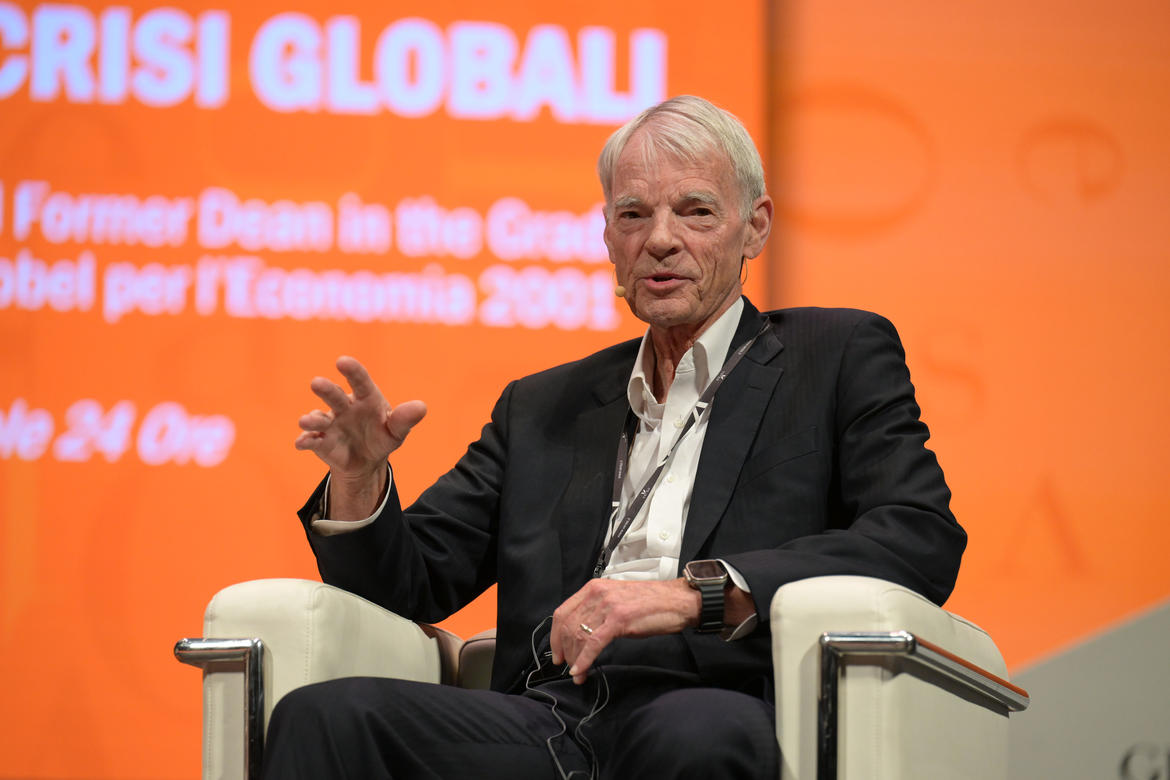
The morning session at Cinema Vittoria featured Nobel Peace Prize Laureate and Grameen Bank founder Muhammad Yunus, drawing a packed audience. The event, titled “Man at a Crossroads: Between Self-Destruction and Future Achievements,” also included Paolo Brichetti, Founder and Managing Director of CreditAccess, with Gigi Donelli, Editor-in-Chief of News at Radio 24, moderating the discussion. Yunus highlighted that the crucial issue of our time is humanity’s attempt to adapt and tweak the existing global economic model, which he asserts is fundamentally flawed. This is a universal problem, transcending the divide between the global North and South. With the planet facing escalating pollution, billions of people living in poverty, and the relentless advance of technology, Yunus called for a new economic system centered on mutual care. He emphasized the role of the younger generation in spearheading a movement based on the “three zeros”: zero polluting and climate-altering emissions, zero concentration of wealth, and zero unemployment.
The afternoon conference, titled “Living in the Age of Global Permacrisis,” featured an engaging conversation between Michael Spence, Nobel Laureate in Economics, Professor Emeritus of Management, and Former Dean of Stanford University's Graduate School of Business, and Laura La Posta, Editor-in-Chief of Il Sole 24 Ore. The discussion aimed to pinpoint actionable steps to address the current global crises. Spence emphasised the importance of understanding our rapidly evolving context, characterised by three interrelated factors. Firstly, the world faces multiple challenges, including climate change, ongoing conflicts, and a recently concluded pandemic. Secondly, we are grappling with inflation and labour shortages in the economic field, while at a social level, we have an ageing population and a low fertility rate. Thirdly, we witness the rise of transformative technologies, notably generative AI (GenAI), advancements in biomedical and life sciences, and the energy transition. GenAI, in particular, offers a new perspective on progress and innovation, though it brings significant risks, such as potential misuse as a weapon, necessitating government regulation. However, it also holds substantial benefits, like enhancing productivity. Spence illustrated this with the example of doctors, who spend approximately 30% of their time on report writing. AI could draft these reports, potentially saving up to 80% of this time and in this way, allowing doctors to focus on other critical tasks. AI is just a tool, albeit a very powerful one; “it’s up to us to take powerful tools and turn them into something beneficial. And of course, we might fail; yet I don’t think there’s anything wrong with the tools”.
The complete program is available online at www.festivaleconomia.it





